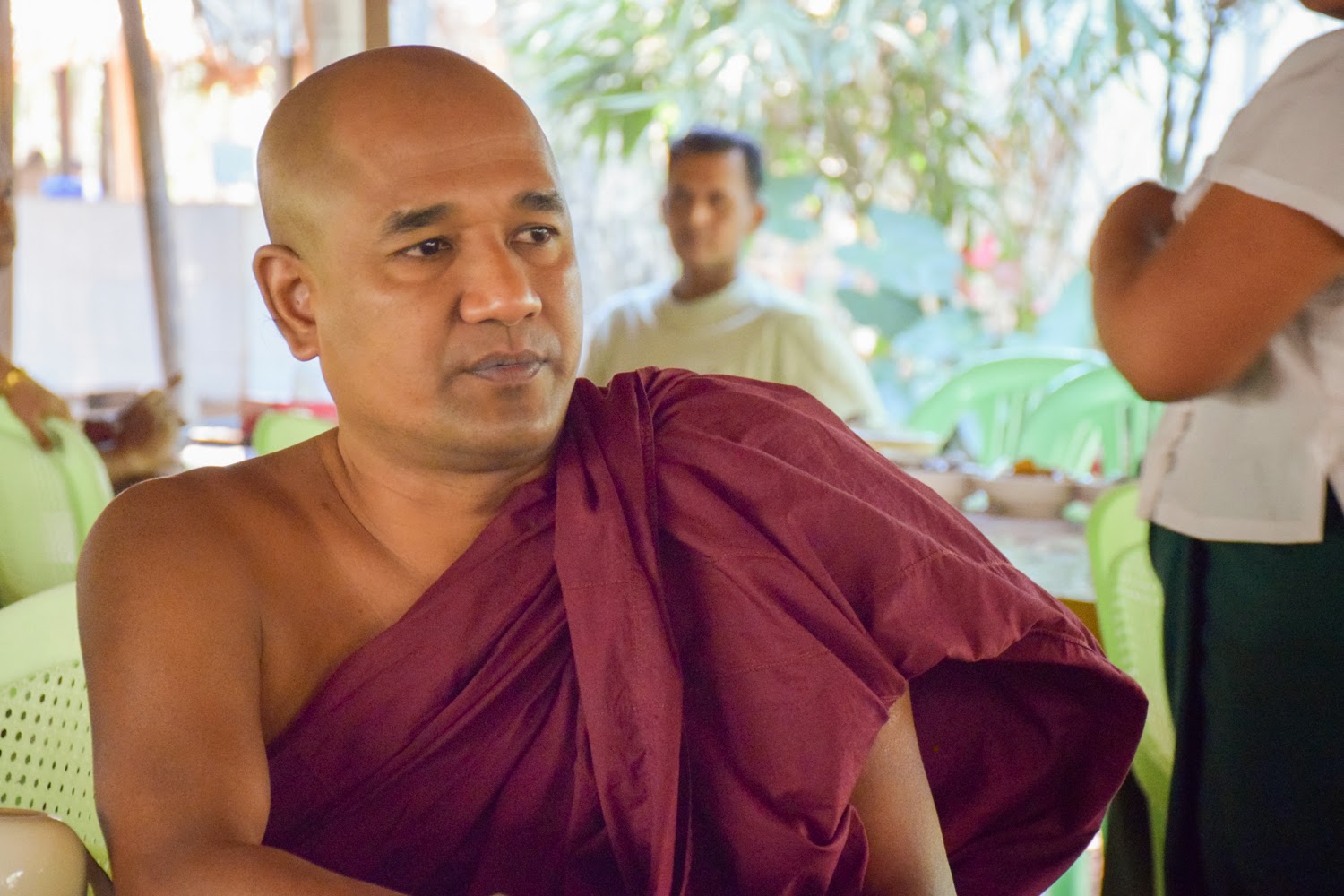Last evening we said goodbye to the create students, and they began their
long journey home. They have been
“encountering the world” with empathetic eyes, and the imprint of this
pilgrimage will stamp their lives in significant ways. They have kept up an arduous schedule without
complaint—at least not to me.
I asked for a time
of debriefing with them prior to their departure. In good schoolmarm fashion, I posed questions
for their reflection:
1. How
do you think you have cultivated respect for the lived religion of others?
2.
Where have you sensed the holy?
3.
Have you gained any intercultural competency?
4.
What has the Spirit stirred in you?
5. What
chief insight will you carry back with you?
Their
responses were deep and thoughtful as they sought to process religious
difference, common humanity, and the wrenching poverty that cannot be kept out
of view in Myanmar. They were most
impressed by those initiatives in churches as well as monastic communities that
were oriented to service.
Our visit
to Wai Lu Wun Monastic Education School, which resides in a remote area outside
of Bago, was deeply moving. Here a
highly educated Buddhist monk has founded a school that educates toward
literacy, sustainable farming, ecological practices, and personal responsibility
for the future of Myanmar. (They even
line up their shoes with precision!) He
does this without government assistance; rather, the school depends upon
aggressive fundraising and the cooperation of other faith traditions. It is an interfaith pursuit, for they know
that big challenges require collaboration.
The monk
refers to himself as a gardener, and the children are his flowers. He is making a beautiful garden with young
lives entrusted to his care. Not
surprising the school is growing rapidly. Our students marveled at the village
he had created and saw him as a channel of God’s mercy.
Another
aspect of his work is planting a “peaceful monastic forest.” It is a reforestation project, for trees will
heal the land, he observes. It is truly
peaceful--except for one noisy rooster.
An
immersion course like this reminds us all of the importance of opening our
hearts to the varied ways God is at work in the world and the unlikely
instruments God uses, as some of our preconceptions might conclude. As always, I am grateful for new learning as
we encounter the world.
Molly T.
Marshall
Central prepares women and men for seeking God,
shaping church, and serving humanity.




No comments:
Post a Comment